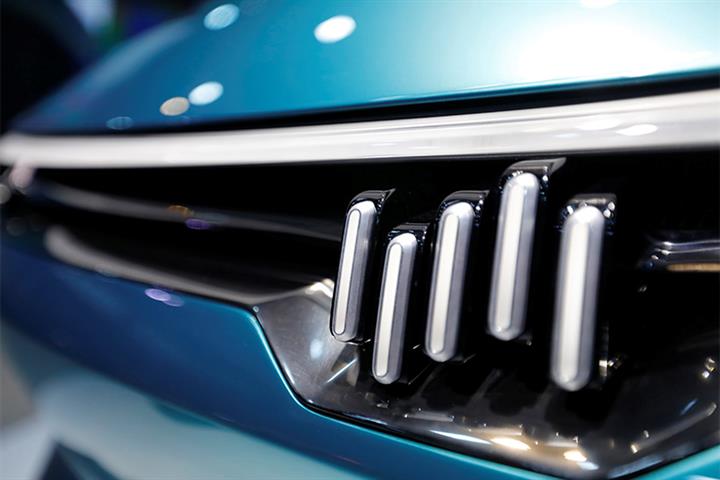 China's WM Motor Denies Rumors of Fake Parking Software Orders
China's WM Motor Denies Rumors of Fake Parking Software Orders(Yicai Global) Feb. 20 -- WM Motor, a troubled Chinese new energy vehicle firm that might list its shares in Hong Kong in the second quarter, has refuted a rumor of inflated orders regarding a smart parking project.
The car company has a mechanism to track orders daily, keeping the record for long, the Shanghai-based firm said in a statement on Weibo recently, without addressing another online rumor of salary cuts.
Netizens claimed last week that Chief Financial Officer Bi Shiyu led the project of parking software, spending tens of millions of Chinese yuan in the second half of last year. They alleged that WM Motor paid people to act as clients of the product without any actual orders as Bi embezzled the funds.
WM Motor also reportedly cut staff pay, suspended services of network servers, and failed to pay rent and property management fees for its headquarters. It did not comment on these rumors.
Based on optimistic expectations, WM Motor may finish its backdoor listing in Hong Kong in the second quarter, people close to the firm told Yicai Global. The Nio rival secured HKD2.3 billion (USD293.6 million) worth of funds in three tranches last month as car design company Apollo Future Mobility agreed to acquire a unit of WM Motor last month.
However, the car manufacturer is still facing liquidity issues. Several insiders said to Yicai Global early this month that WM Motor is furloughing staff and cutting the budgets of all departments by 25 percent. Various developers told Yicai Global they have been informed that they do not need to work but there is no official notice of furloughs.
WM Motor is encountering some difficulties due to the Covid-19 pandemic and market environment, Chief Executive Shen Hui said on his social media account on Feb. 17, adding that the firm was taking measures to cut costs and increase its efficiency to go all out to ensure the resumption of work and production.
WM Motor sold 29,450 cars last year, data from the China Passenger Car Association show. The firm recorded a net loss of CNY8.2 billion (USD1.2 billion) in 2021, expanding from CNY8.1 billion in 2020. The deficit grew from CNY4.2 billion in 2019.
Editors: Xu Wei, Emmi Laine, Xiao Yi